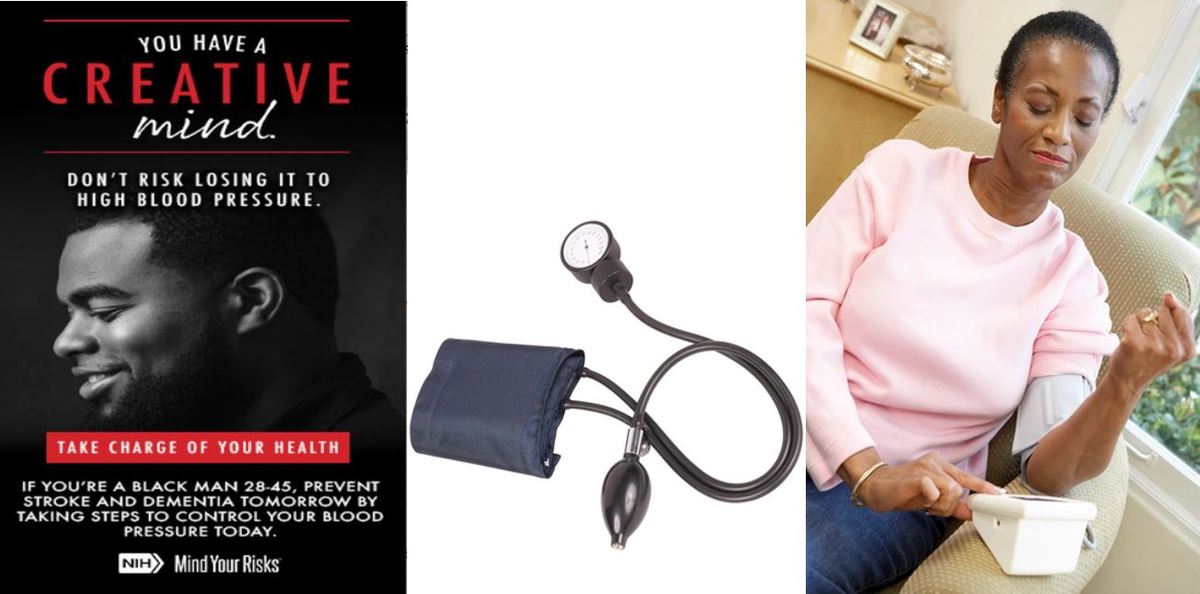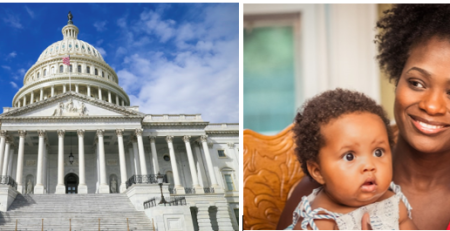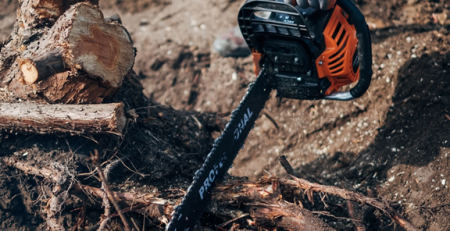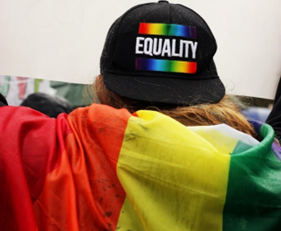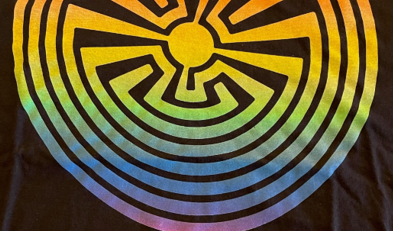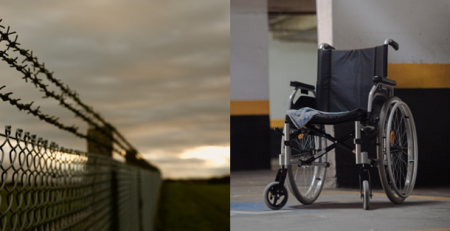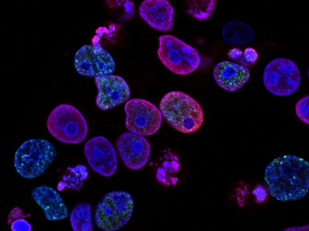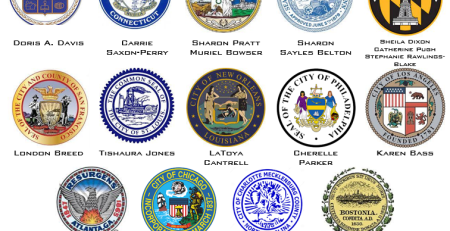Have You Checked Your Blood Pressure Lately? Don’t Let High BP Sneak Up On You
While I was happily wasting some time playing Mahjong on the computer an “ad” came up that I couldn’t ignore. The first time it flashed in front of me, I saw the profile of a handsome young man and the words “High Blood Pressure”. I made sure to read it the next time it popped up because I was intrigued and concerned. Sure enough, it was a public service announcement from the National Institute of Health and it said that men at age 28-44 were at risk. Twenty-eight. Now, I have borderline high blood pressure at age 59, and my husband has high blood pressure at age 60. I get that. I expect that. But not young people.
It’s true though. Not only do African-Americans have the highest percentage of high blood pressure of any ethnicity in America, it develops earlier. Studies have shown that differences in blood pressure can be seen in black and white children as young as age 7. There are so many factors, some nature, some nurture. For example, African-Americans may be genetically sensitive to salt; according to one study, over 70% of African-Americans see increases in their blood pressure when there is salt in their body. Diabetes can also lead to high blood pressure by scarring the kidneys, leading to salt and water retention. Diabetes also damages blood vessels, again increasing blood pressure. Studies have also found that common high blood pressure treatments such as beta blockers that work well for white people do not work well for black people. And it goes beyond physiological factors. For example, there’s stress. Stress can come from life circumstances like financial difficulties or lack of job opportunities as a result of less education. Stress can from a city environment with sirens and other noise. Data has shown that people living in environments with the most poverty have the highest blood pressure. Stress that leads to high blood pressure can come from what is called “racism-related vigilance”. (Yes, they did a study on this.)
High blood pressure does not kill, but it leads to events that can. 20-30% of all deaths in our community can be attributed to high blood pressure. High blood pressure forces the heart to pump faster, thickening parts of the heart, leading to heart failure. High blood pressure can also damage blood vessels and weaken arteries in the brain leading to strokes. Strokes and heart attacks are the two leading causes of death in the US. High blood pressure can also lead to brain aneurysms, kidney failure, blood clots and even dementia.
What needs to be done about this? The basics have never changed. Maintain a healthy weight, reduce sodium intake, increase physical activity and take medicine as prescribed. Unfortunately, all of those things require healthy habits which can be hard to form if they are not part of one’s normal environment.
For example, fitting activity into your daily routine is something that requires effort if you’re not used to it. Studies have been done to understand the barriers, whether they are from inner beliefs and attitudes, associations with family, friends and community, or environment, including weather. Many working moms can’t find the time and would feel guilty if they did. Other people who had additional physical problems found exercise difficult. Gym equipment can be intimidating, and most black communities don’t have them. Even something as simple and cheap as a walk around the block may not be safe – from physical harm, or lack of sidewalks. As Ahmaud Arbery can tell you, choosing to exercise in an upscale neighborhood may not be safe either. Other than walking and running, most classic exercise routines require some money if just for some weights or to stream a video. And last, exercising can mess up your hair.
A low-sodium diet requires communication with everyone who is cooking, and avoidance of most junk food, especially a delicious meat-lovers pizza. There are many foods that we don’t associate with salt: rolls, sandwich meat, soups, fried chicken, cheese, as well as foods we are used to that aren’t good for us, like ham, bacon, sausage, savory snacks. When you have grown up with salt-flavored food, it can be very hard to give up.
Four out of five black women are overweight/obese and sometimes, about the only thing harder than losing weight and keeping it off is to quit smoking. In one study, when put on the same diet, black women lost less weight than white women, most likely because of lower metabolism and fat burning ability. There are also studies which indicate that the pressure to lose weight and the stigma of being overweight is as unhealthy as being overweight itself.
Now, you could say that I am making excuses. But the reality is – change is difficult. People resist change. The things that you have to change in order to manage your blood pressure may not be fun or simple, and instead of a reward, the motivation is fear of death. As you get comfortable with the fear, there is less motivation. I say this speaking from experience. I was diagnosed as pre-diabetic with borderline high blood pressure 2 years ago and I was petrified. My doctor told me to give up salty foods… and walk the dog. I have discovered that walking the dog is not good exercise. My dog pulls, my dog wanders. My dog stops to sniff and mark a spot. There is no joy in walking my dog, and I could not do it consistently. Food – another disaster, because my husband cooks with salted seasonings and rubs. He is not ready to change his habits yet, so either we cook separately… or I eat salt. I spent a year cooking separately. And as we cooked separately, we ate separately, and it was not a positive outcome for us. So, I gave up and let him cook for both of us. I’m not healthier, but I’m happier.
One of the things I am convinced of is that the fact that there are medications to manage high blood pressure makes it easier for people to skip the lifestyle change. I’m not saying that it can’t be done. Black vegan groups, black vegan restaurants and urban farming communities are popping up everywhere. Investors are looking into gyms in black neighborhoods. Change is coming. But the reality of high blood pressure looms large in the African-American community, and the sooner we recognize it and address it, not only as a community but as individuals, the better.
